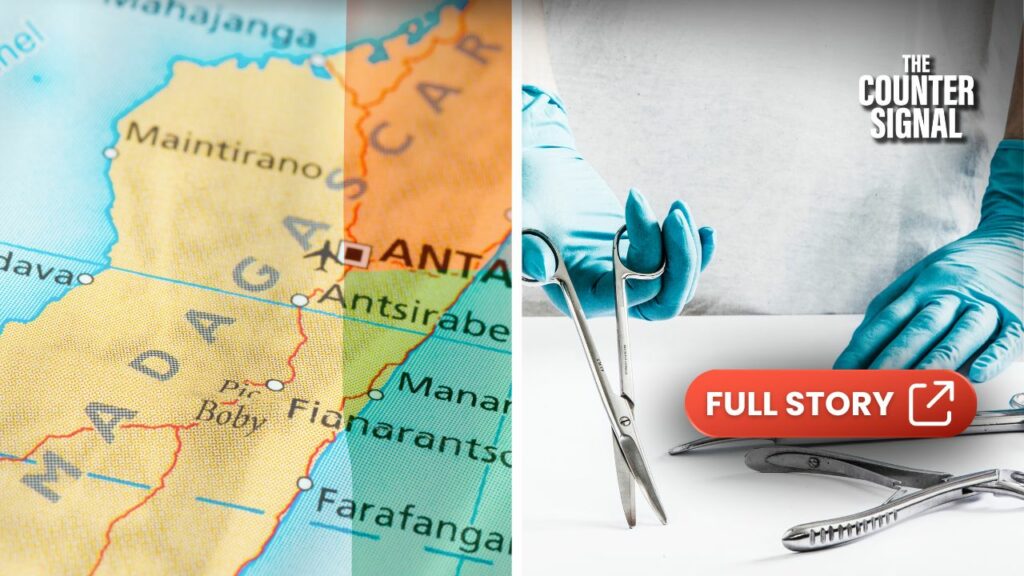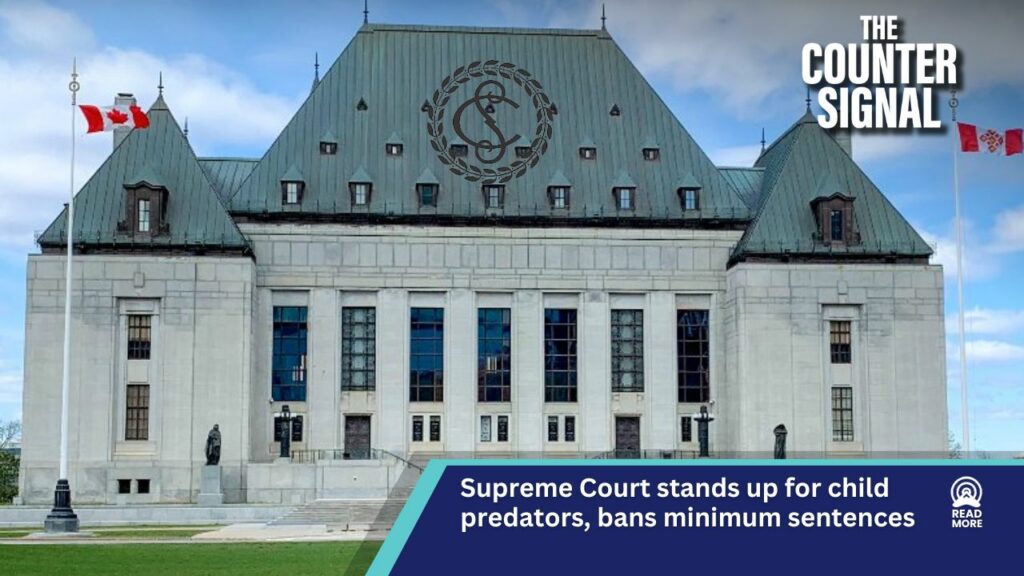Madagascar has passed a bill that allows for the chemical and surgical castration of child rapists.

The bill introduces severe penalties for the rape of minors, with surgical castration mandated for perpetrators convicted of raping children under 10 years old.
The Senate’s approval follows an alarming rise in child rape cases in the country. The minister said last year there were 600 rapes of minors.
“Faced with the resurgence of rape, we had to act,” said the Justice Minister, Landy Randriamanantenasoa.
Madagascar's Parliament has approved a new law to castrate paedophiles for their sexual crime. pic.twitter.com/BtiX9sAmFk
— Africa Facts Zone (@AfricaFactsZone) February 8, 2024
For offenders guilty of raping minors aged 10 to 13, the law prescribes permits either chemical or surgical castration, while those convicted of raping minors aged between 13 and 18 may face chemical castration.
The government believes that harsher penalties are necessary to deter potential offenders and protect children from sexual abuse.
However, the bill has drawn sharp criticism from human rights organizations. Amnesty International has called the proposed law “cruel, inhuman, and degrading,” arguing that it violates Madagascar’s constitutional provisions against torture and ill-treatment, as well as regional and international human rights standards.
Supporters of the bill, such as Jessica Lolonirina Nivoseheno from the Women Break the Silence movement, argue that castration could serve as a powerful deterrent to the “rape culture” prevalent on the island.
They contend that many cases of child rape go unreported or are settled amicably within families, allowing perpetrators to evade justice.
The legislation must now be reviewed by the High Constitutional Court before it can be signed into law.
If enacted, Madagascar will join a small number of countries, including Kazakhstan, that have adopted such extreme measures in their legal systems to combat sexual violence against children.





